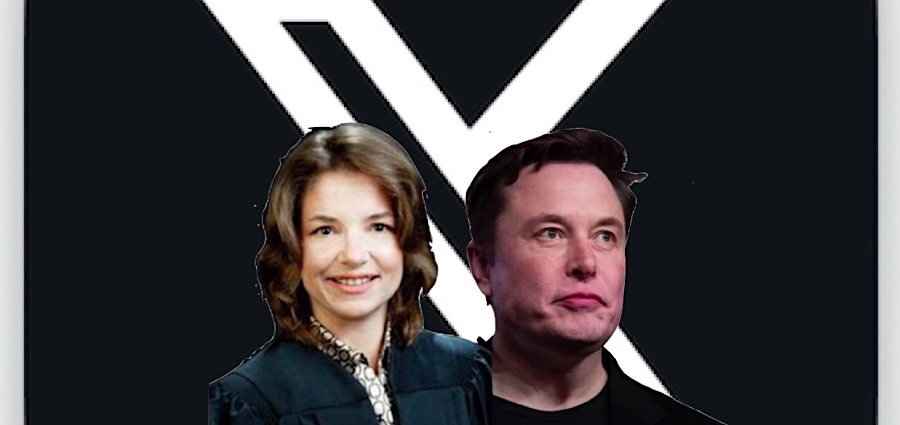WASHINGTON, DC. (THECOUNT) —
In a significant decision on Friday, U.S. District Judge Jacqueline Scott Corley denied the U.S. Securities and Exchange Commission’s (SEC) request to impose sanctions on Elon Musk, following his failure to attend court-ordered testimony on September 10. The testimony was part of the SEC’s ongoing investigation into Musk’s $44 billion acquisition of Twitter (now known as X).
|
Advertisement |
Musk, the world’s richest person with a net worth of $321.7 billion as per Forbes, later provided testimony on October 3 and agreed to reimburse the SEC $2,923 for travel expenses. Judge Corley ruled that this resolution rendered the SEC’s request for sanctions unnecessary.
“Because the present circumstances forestall any occasion for meaningful relief that the court could grant, the SEC’s request is moot,” Corley stated in her ruling.
SEC’s Initial Sanctions Request
The SEC had initially sought a declaration that Musk violated a May 31 court order mandating his testimony. According to the regulator, merely covering travel costs would not deter others—especially individuals of Musk’s immense wealth—from ignoring court orders.
Musk’s legal team maintained that the October 3 testimony fulfilled his obligations. The SEC has not commented on the ruling, and Musk’s representatives have yet to respond to media inquiries.
The Probe into Musk’s Twitter Acquisition
The SEC’s investigation centers on whether Musk violated securities laws by delaying the disclosure of his acquisition of Twitter shares in early 2022. Regulations require investors to disclose stakes of 5% or more within 10 days of acquisition. Critics allege Musk waited beyond the deadline, enabling him to purchase shares at a lower price before revealing his 9.2% stake and subsequently offering to buy the entire platform.
In July, Musk acknowledged misunderstanding SEC disclosure rules, saying, “all indications suggest I made a mistake.”
Musk’s September 10 Absence
On September 10, Musk traveled to Florida’s Cape Canaveral to oversee SpaceX’s Polaris Dawn mission, leading to his absence from the court-ordered testimony. His subsequent compliance on October 3 appears to have mitigated the situation, at least in the court’s eyes.
The SEC’s insistence on sanctions reflects its broader concern about maintaining the integrity of court orders, particularly when dealing with high-profile figures like Musk. The regulator argued that Musk’s actions could set a precedent for others to disregard legal obligations.
Musk’s History with the SEC
This is not Musk’s first clash with the SEC. In 2018, the regulator sued him over tweets claiming he had secured funding to take Tesla private at $420 per share—a statement that was later deemed misleading. Musk settled that case by paying a $20 million fine, stepping down as Tesla’s chairman, and agreeing to have Tesla lawyers review certain social media posts in advance.
Musk has often criticized the SEC, accusing it of unfairly targeting him and his businesses. Despite this contentious history, Musk continues to be a dominant figure in the tech and financial sectors, helming companies like Tesla and SpaceX.
Legal and Financial Ramifications
The case, formerly known as SEC v. Musk (U.S. District Court, Northern District of California, No. 23-mc-80253), underscores the challenges regulators face in holding influential figures accountable. While Musk’s October testimony may have resolved this specific issue, the broader investigation into his conduct during the Twitter acquisition remains active.
If the SEC concludes Musk violated securities laws, he could face significant penalties, including fines or further restrictions on his business activities. The case also highlights ongoing debates about the adequacy of existing regulatory frameworks in overseeing high-profile entrepreneurs like Musk.
Jacqueline Scott Corley is a judge on the United States District Court for the Northern District of California. On November 3, 2021, President Joe Biden (D) nominated Corley to the court. She was confirmed by the U.S. Senate on March 17, 2022, by a 63-36 vote
DEVELOPING::

